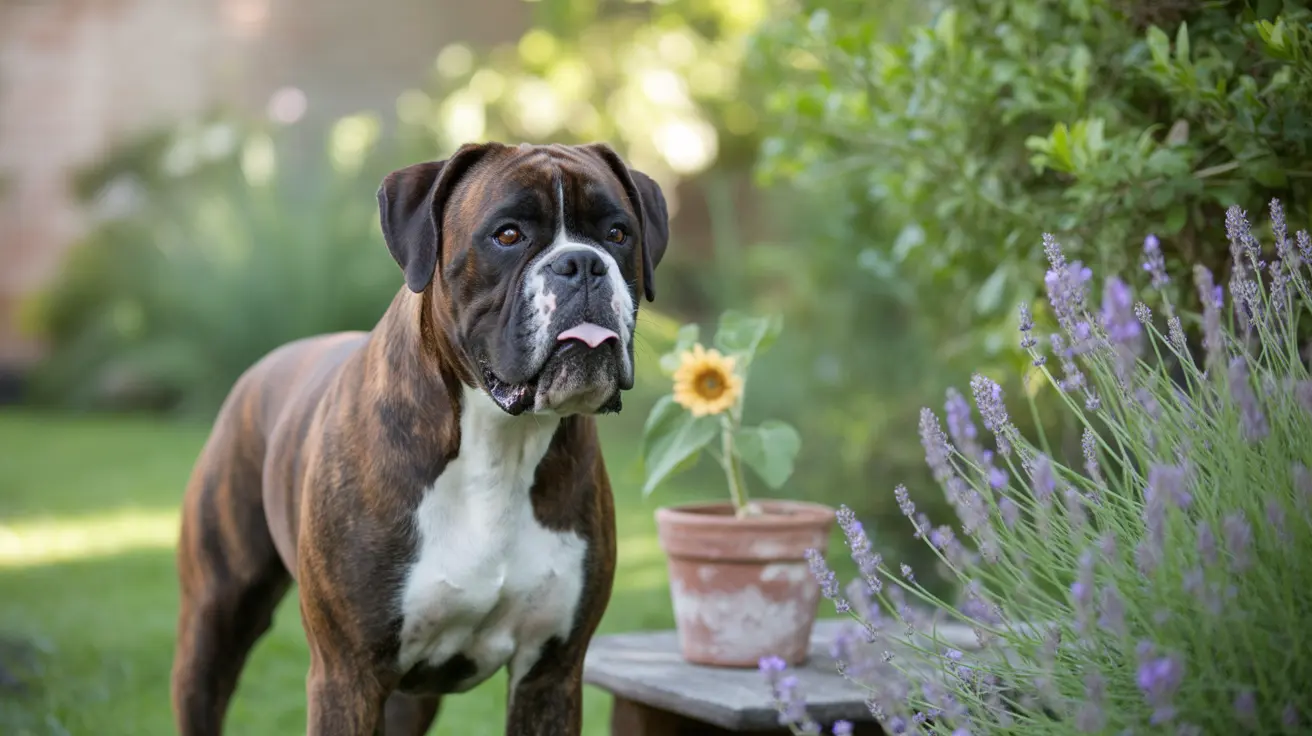Just like humans, dogs can experience hiccups – those sudden, involuntary contractions of the diaphragm that create a distinctive "hic" sound. While this phenomenon might seem concerning to pet parents, it's actually a completely normal occurrence, especially in puppies. Let's explore everything you need to know about dog hiccups, from their causes to when you should be concerned.
Why Do Dogs Get Hiccups?
Hiccups in dogs occur when their diaphragm – the muscle separating the chest from the abdomen – experiences involuntary spasms. These contractions cause a quick closure of the vocal cords, resulting in the characteristic hiccup sound. Several factors can trigger these spasms:
- Eating or drinking too quickly
- Swallowing excess air during meals
- Excitement or stress
- Sudden temperature changes
- Vigorous exercise or play
Understanding Puppy Hiccups
Puppy hiccups are particularly common due to their developing digestive and nervous systems. These young dogs tend to be more energetic and excitable, often eating and drinking with enthusiasm that leads to air ingestion. Their bodies are also more sensitive to temperature changes and physical activity, making them more prone to hiccup episodes.
Why Your Dog Has Hiccups: Common Triggers
When your dog has hiccups, it's usually related to one of these common scenarios:
- Rapid eating or drinking behaviors
- Post-exercise excitement
- Stress or anxiety
- Exposure to irritants
- Dietary changes or consuming spicy foods
When Should You Be Concerned?
While most hiccup episodes are harmless and resolve on their own within a few minutes, certain situations warrant veterinary attention:
- Hiccups lasting longer than a few hours
- Accompanying symptoms like coughing or difficulty breathing
- Changes in eating or drinking habits
- Signs of distress or discomfort
- Frequent recurring episodes
Prevention and Management Tips
To help prevent hiccups in your dog, consider implementing these strategies:
- Use slow-feeder bowls to prevent rapid eating
- Serve smaller, more frequent meals
- Maintain a calm environment during mealtimes
- Avoid extreme temperature changes in food and water
- Allow rest periods after vigorous activity
Frequently Asked Questions
Can dogs get hiccups, and is it common in puppies?
Yes, dogs can get hiccups, and it's especially common in puppies due to their developing bodies and tendency to eat and drink quickly. Most episodes are completely normal and harmless.
Why do dogs hiccup when eating or drinking too quickly?
Dogs hiccup when eating or drinking quickly because they swallow excess air, which can cause their diaphragm to spasm. This is particularly common with excited eaters or those using deep bowls.
How can I stop my dog's hiccups naturally without medication?
Natural remedies include offering small sips of water, gentle belly rubs, light exercise, or simply waiting it out. Distracting your dog with play can also help resolve hiccups.
What are some common signs that my dog's hiccups might be a health concern?
Be concerned if hiccups last more than a few hours, are accompanied by difficulty breathing, coughing, or changes in behavior, or if they occur frequently with other symptoms.
How can I prevent my puppy from getting hiccups due to eating too fast?
Use specialized slow-feeder bowls, divide meals into smaller portions, and ensure a calm feeding environment. These methods help reduce air intake during meals and prevent hiccups.
Remember, while hiccups are usually harmless, understanding their causes and knowing when to seek veterinary care can help ensure your pet's well-being. Most cases resolve naturally within minutes, but always monitor your dog's overall health and behavior during hiccup episodes.






